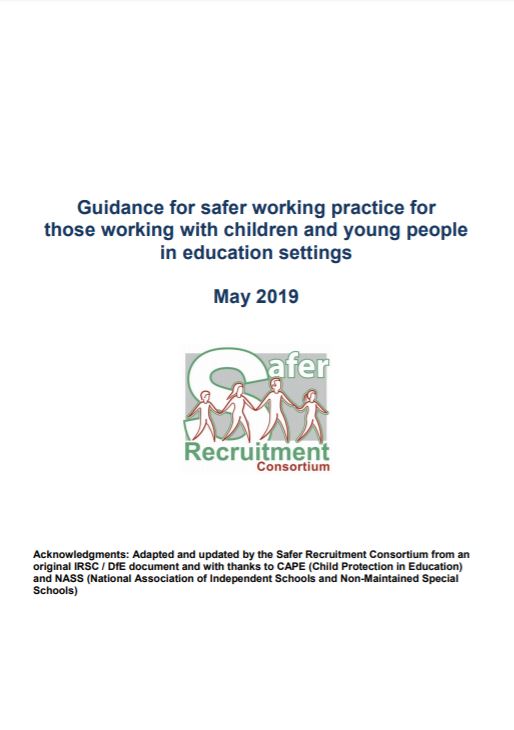
Safeguarding at Brayton
Updated September 2024
Please click on the link to read the Starmat Safeguarding and Child Protection Policy
Who are the Designated Safeguarding Leads (DSLs)?
Mel Walmsley (Deputy Headteacher) is a Deputy Designated Safeguarding Lead
Victoria Goodall (Y5 teacher) is a Deputy Designated Safeguarding Lead
Maria Stubbs (Y1 teacher & SENDCo) is a Deputy Designated Safeguarding Lead
They are all fully trained in Child Protection & Safeguarding, and Mrs Buckton and Mrs Walmsley are trained in Safer Recruitment.
Within STAR MAT we also have Cayte Mulhern, our Trust Safeguarding Lead for advice, support and further training.
Contacting the DSLs
Allyson Buckton: headteacher@bp.starmat.uk
Mel Walmsley: m.walmsley@bp.starmat.uk
Victoria Goodall: v.goodall@bp.starmat.uk
Maria Stubbs: m.stubbs@bp.starmat.uk
Cayte Mulhern: c.mulhern@starmat.uk
Safeguarding Governor
What is their role?
The role of the Designated Safeguarding Leader was specified in the Children's Act 2004 and ensured that every organisation had a 'named person' for safeguarding children and young people. Prior to that, the role had frequently been known as the Child Protection Officer.
The Designated Safeguarding Leader has a responsibility at both a strategic level within the organisation and on a day-to-day basis.
Key Aspects of the Designated Safeguarding Lead's role includes:
- Ensuring all staff are trained and kept updated on key aspects of safeguarding
- Making sure all staff are aware of how to raise safeguarding concerns.
- Ensuring all staff understand the symptoms of child abuse and neglect.
- Referring any concerns to social care.
- Monitoring children who are the subject of child protection plans.
- Maintaining accurate and secure child protection records.
Safeguarding is everyone's responsibility:
If you have any concerns about any adult or child in the school community, you must
1) Raise your concerns with the Designated Safeguarding Leads - either by phone or face to face.
2) Login to CPOMS (school staff) and make an Incident Report.
If the safeguarding concerns involves the Headteacher, contact Jade Lamb, the Safeguarding Governor.
Referrals can also be made through http://www.safeguardingchildren.co.uk
When to call the Police
Are you worried about a child?
If you are worried about a child, anyone can make a referral to Children's Social Care: you do not have to do it through the school. You can contact NYCC Customer Service Centre, who will take some brief information:
Referrals can also be made online through https://www.safeguardingchildren.co.uk/
Key Safeguarding Documents: Keeping Children Safe in Education, Safer Working Practice & Working Together to Safeguard Children
Staff, Governors and Volunteers in school
Please click on the links below to read official documentation relating to the conduct of staff and Governors in school.
Starmat Trustees and Governors Code of Conduct
Starmat Gifts and Hospitality Policy
Starmat Confidentiality Policy
Starmat Information Protection Policy
Starmat Whistle blowing Policy and Procedures
The Prevent Duty
All staff complete training on the Prevent Duty on an annual basis.
Ofsted review and recommendations following review of sexual abuse in schools and colleges
Child exploitation - County Lines
County Lines is where illegal drugs are transported from one area to another, often across police and local authority boundaries (although not exclusively), usually by children or vulnerable people who are coerced into it by gangs. The ‘County Line’ is the mobile phone line used to take the orders of drugs. Importing areas (areas where the drugs are taken to) are reporting increased levels of violence and weapons-related crimes as a result of this trend. Please click on the link below for more information.
Keeping children safe online
The websites below are shared with our community through fliers, social media and the school website.








